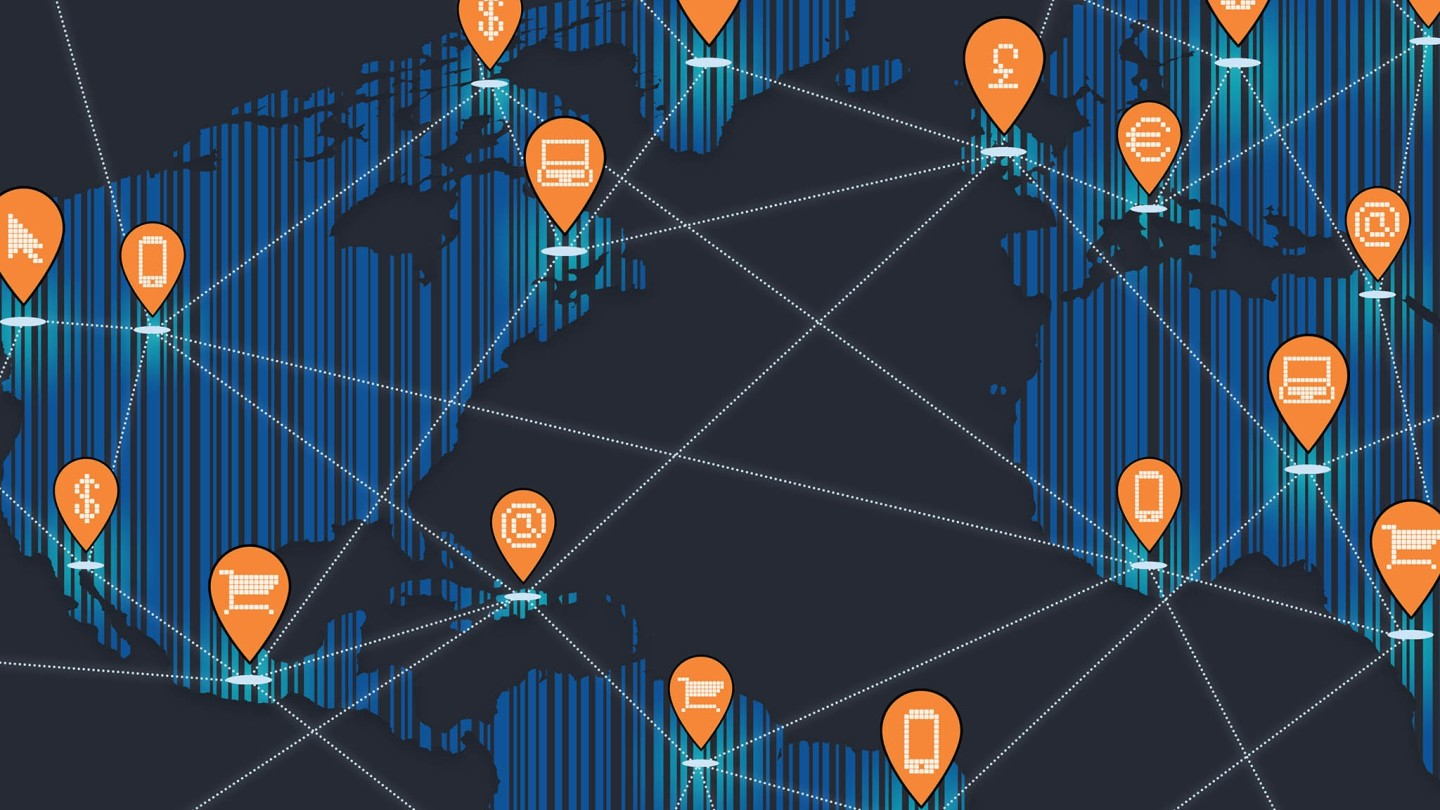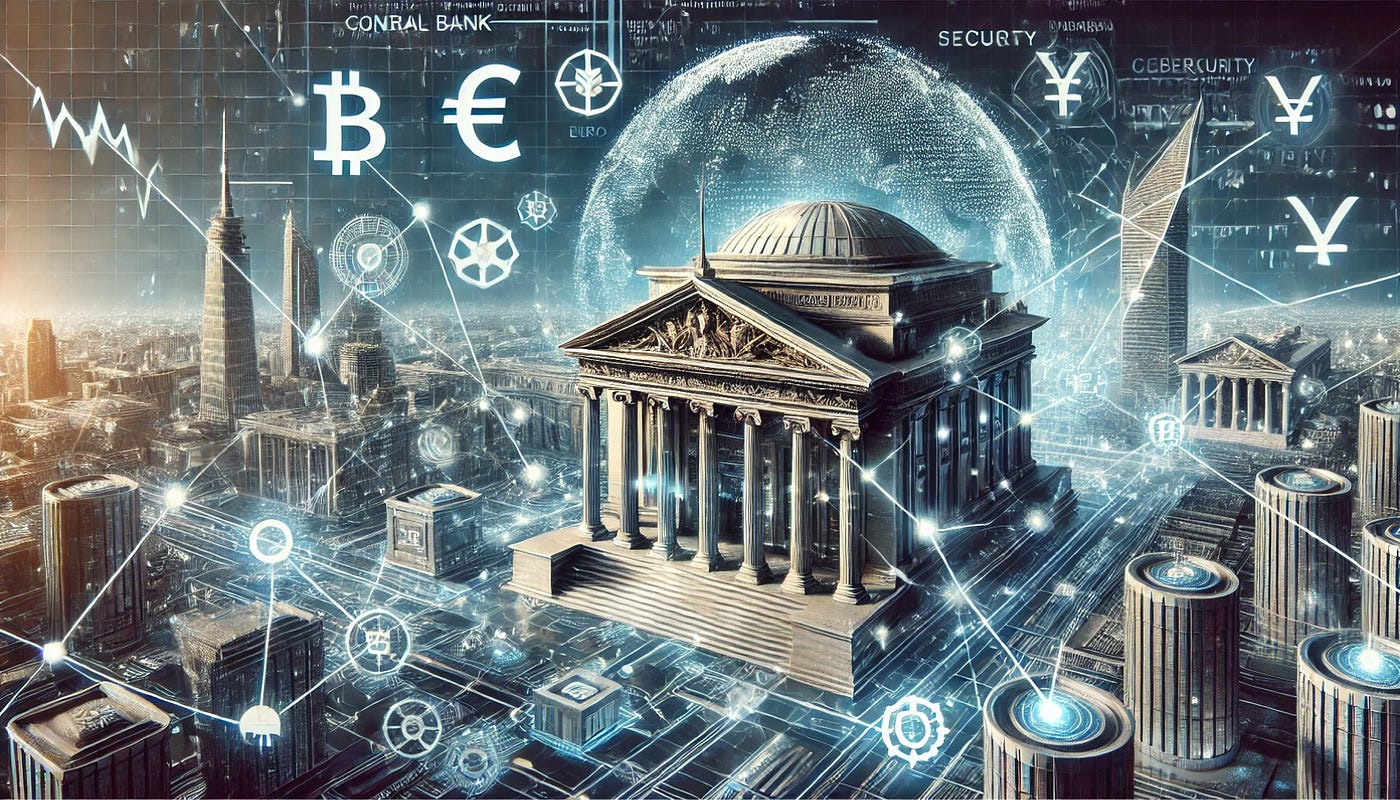Digital Transformation and the Changing Face of the Global Economy

The digital revolution is fundamentally reshaping the global economy, changing how we live, work, and do business. From artificial intelligence and automation to blockchain and the Internet of Things (IoT), digital technologies are driving innovation and creating new economic paradigms. As these changes accelerate, economies around the world must adapt or risk being left behind.
This article explores how digital transformation is influencing various sectors of the economy, the challenges it poses, and the opportunities it creates for governments, businesses, and individuals alike. By examining real-world applications, economic implications, and strategic responses, we can better understand the future of a digital-first global economy.
1. Understanding Digital Transformation
Digital transformation refers to the integration of digital technologies into all areas of business and society, fundamentally altering how organizations operate and deliver value to customers. Unlike simple digitization (converting analog to digital), true transformation involves rethinking entire processes, business models, and strategies to leverage the power of technology.
- Automation: Replacing repetitive, manual tasks with technology-driven processes.
- Artificial Intelligence (AI): Enabling machines to analyze data, recognize patterns, and make decisions.
- Cloud Computing: Providing scalable, on-demand access to computing power and storage.
- Big Data Analytics: Unlocking insights from massive datasets to improve decision-making.
- Blockchain: Creating secure, transparent, and decentralized systems for data and transactions.
2. Digital Transformation Across Key Economic Sectors
Finance and Banking
The financial sector has been at the forefront of digital transformation. Fintech innovations like mobile payments, robo-advisors, and decentralized finance (DeFi) platforms are disrupting traditional banking models. Digital wallets like PayPal, Alipay, and Apple Pay are changing how consumers transact.
Banks are adopting AI for fraud detection, personalized services, and credit scoring. Blockchain-based systems are reducing transaction costs and improving transparency, particularly in cross-border payments.
Retail and E-commerce
Online shopping has surged globally, fueled by platforms such as Amazon, Shopee, Alibaba, and Shopify. AI-powered recommendation engines, virtual try-on features, and personalized marketing have enhanced the customer experience. Traditional brick-and-mortar retailers are embracing omnichannel strategies to remain competitive.
Healthcare
Telemedicine, electronic health records, AI-assisted diagnostics, and wearable health devices are transforming how healthcare is delivered and managed. Digital tools improve patient outcomes while reducing costs and enabling remote access to medical services in underserved regions.
Education
EdTech platforms like Coursera, Khan Academy, and Udemy are democratizing access to education. AI-driven adaptive learning systems and virtual classrooms are changing how students learn and how educators teach. Developing countries benefit particularly from scalable, low-cost educational solutions.
Manufacturing and Industry
The rise of Industry 4.0 — smart manufacturing that leverages IoT, robotics, and predictive analytics — is boosting productivity and flexibility. Smart factories use real-time data to optimize production lines, reduce waste, and improve safety.
3. Economic Impacts of Digital Transformation
Increased Productivity
Digital tools streamline workflows and eliminate inefficiencies. AI automates analysis that would take humans hours or days, while cloud computing accelerates access to essential business infrastructure. This productivity boost can enhance economic growth if managed correctly.
Job Displacement and Creation
Automation and AI may displace certain jobs, especially in manufacturing, customer service, and administrative support. However, digital transformation also creates new roles in software development, cybersecurity, data science, and digital marketing.
The key challenge lies in equipping the workforce with the skills needed for future jobs. Lifelong learning and upskilling programs are critical to ensure inclusive economic participation.
Market Disruption
Traditional businesses that fail to adapt risk becoming obsolete. Digital-native companies often outpace incumbents through agility and innovation. This dynamic rewards disruption but can also lead to monopolistic behaviors if regulatory oversight is weak.
Access and Inequality
Digital transformation can widen the economic divide between those with access to technology and those without. Rural populations, low-income individuals, and developing nations may be left behind if digital infrastructure and literacy are not addressed.
Cost Reduction
Cloud computing and SaaS platforms reduce the capital expenditure required for IT infrastructure, enabling startups and SMEs to scale quickly. AI-driven automation cuts operational costs, while predictive maintenance reduces equipment downtime in manufacturing.
4. Challenges to Digital Transformation
Cybersecurity Risks
With greater digital connectivity comes greater vulnerability to cyber threats. Data breaches, ransomware attacks, and phishing scams pose significant economic risks. Both public and private sectors must invest in robust cybersecurity frameworks and rapid response strategies.
Regulatory Complexity
As digital businesses cross borders effortlessly, they encounter a patchwork of regulations. Issues like data privacy (e.g., GDPR), digital taxation, and content moderation require coordinated global approaches. Governments must find the right balance between innovation and control.
Resistance to Change
Organizational culture often impedes transformation. Employees may fear job loss, managers may be reluctant to change, and outdated legacy systems can slow adoption. Leadership, training, and clear communication are essential for overcoming resistance.
Digital Skills Gap
The demand for digital skills outpaces supply in many economies. Fields like cybersecurity, AI, and data analytics face severe talent shortages. Educational systems must evolve to prioritize digital literacy and technical training from an early age.
5. The Role of Governments and Policy Makers
Governments play a vital role in shaping the digital economy. Proactive policy-making can support innovation while protecting citizens and ensuring inclusive development.
- Investment in Infrastructure: Expanding internet access, especially in rural and low-income regions.
- Support for SMEs: Providing grants, tax incentives, and technical support for digital adoption.
- Education Reform: Integrating coding, data science, and critical thinking into national curricula.
- Digital Governance: Establishing transparent rules around AI ethics, digital rights, and platform accountability.
6. Case Studies: Global Leaders in Digital Transformation
Estonia
Often dubbed the world’s most digitally advanced society, Estonia offers nearly all government services online. E-residency allows entrepreneurs to start and run businesses from anywhere in the world. Digital identity cards streamline access to healthcare, banking, and voting.
Singapore
With a strong Smart Nation initiative, Singapore has integrated IoT, big data, and AI across transportation, healthcare, and urban planning. The country also ranks high in digital government services and cybersecurity readiness.
India
India’s Aadhaar system is the world’s largest biometric ID platform, enabling digital access to banking and welfare services for over a billion people. The country’s UPI (Unified Payments Interface) is revolutionizing mobile payments across all income levels.
7. Future Outlook: What Lies Ahead?
The digital economy is expected to contribute over $20 trillion to global GDP by 2030. Key trends to watch include:
- AI Everywhere: From virtual assistants to predictive healthcare, AI will become ubiquitous.
- Metaverse and Web3: Decentralized platforms and immersive virtual experiences will open new markets.
- Digital Currencies: Central Bank Digital Currencies (CBDCs) may redefine monetary policy and cross-border trade.
- Sustainable Tech: Innovations that reduce environmental impact will gain prominence.
Businesses that fail to digitize will likely lose market share, while those who embrace change can thrive and lead. For individuals, adaptability, curiosity, and continuous learning will be crucial attributes for success in the digital economy.
Conclusion
Digital transformation is not just a technological shift — it’s an economic revolution. It is redefining value creation, employment, and competitiveness across all sectors. The pace of change may be daunting, but it also presents one of the greatest opportunities for inclusive and sustainable growth in modern history.
Governments must lead with vision, companies must act with agility, and citizens must prepare with resilience. Only then can we fully harness the power of digital transformation to create a more connected, innovative, and equitable global economy.





